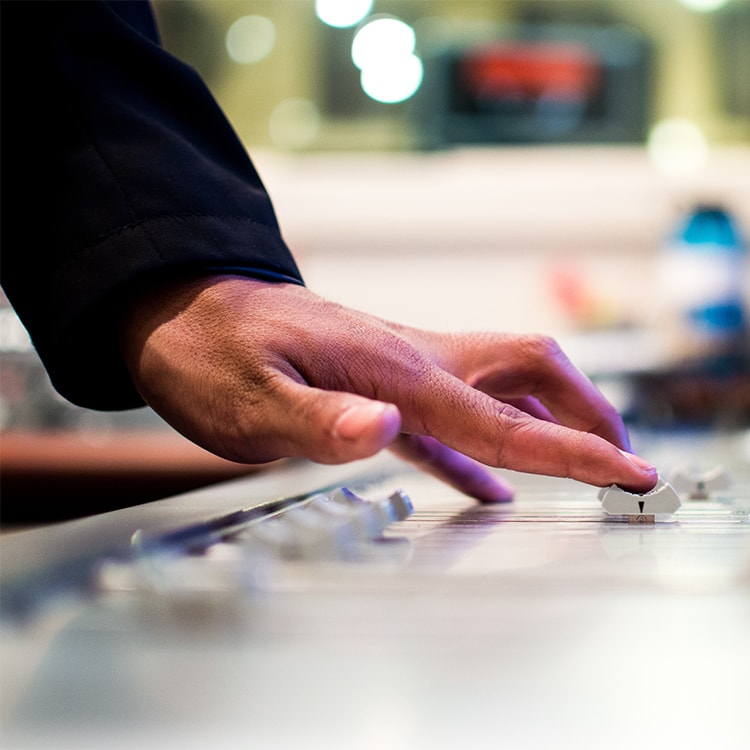Whether you’re an established musician or an aspiring one you need to know the basics of Music Copyright laws. There is nothing worse than doing all the hard work and losing your credit to music thieves. This can be avoided if you learn how to protect yourselves and your creations from being exploited.
Copyright of a musical work begins automatically once a piece of music is created and documented or recorded. In the UK, this is detailed in the Copyright, Designs and Patents Act 1988. With that being said, here’s the basics you should know of Licensing and Music Copyright when it comes to the music industry.
Music Licensing:
If you haven’t been living under a rock for the past 10 years you probably know its a huge deal to get your music licensed. In fact, ‘Music Licensing’ is a broad term and in reality what we’re talking about is music synchronisation licensing (or music sync licensing) which is defined as fixing music to a moving picture. This means it doesn’t just have to be in film or a just a TV show, it can be commercials or video games. Anything where there is a moving picture accompanied by music.
License is basically a legal documented permission to use intellectual property for a given purpose during a set period of time. So if your song is being used for an episode of ‘Downton Abbey’ you have to give permission for them to use it. All of the unique parts of that request are negotiated and out into a legal contract – the license.
Don’t be lazy and put everything onto a paper to protect yourselves. John Ireland a music lawyer who has three decades worth of experience warns “When things get messy and lawyers get involved, it’s expensive.” He explains “Get written agreements and understand what you’re signing.”
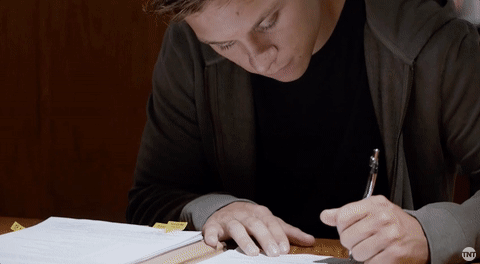
Song copyright:
Usually listeners think of a song as a singular work, but most music is actually two separate works with each one having different sets of rules and considerations.
- The Composition (Publishing) – so this is part of the song that is written down, it includes notes, the lyrics, any kind of arrangements and basically anything physical that can be seen.
- The Record (Master) – this is the actual song recording. It’s the part that everyone listens to and it can be a music file. Everything we listen to is considered part of the master.
Both of these parts are sometimes owned by the same person, however they’re often owned by different people. This means that for many uses of a song, you would have to get two types of clearance. If you’re stuck on how to get a written agreement Musician’s Union has tips to help you.
As a side note, it’s worth remembering to always sign a written agreement when collaborating even if its with a friend. You might never need to use it but its better to be safe than sorry. You never know what could happen.
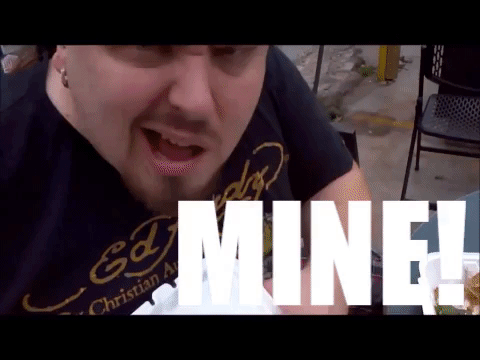
Recording copyright:
One thing you must know before you start recording is that any sound recording will usually be owned by the recording producer, the one who pays for it. So don’t just let anybody offer to pay, because you don’t want your hard work to go out the window. As well as this, remember work does not have to be published in order to be copyrighted, even unpublished recordings are eligible for copyright protection.
For those who want to do cover version of a song that is copyrighted covering someone else’s song isn’t a big problem when performing live, but if it is recorded and you want people to hear it as a record or distribute it as a download it you will have to get permission from the songs publisher.
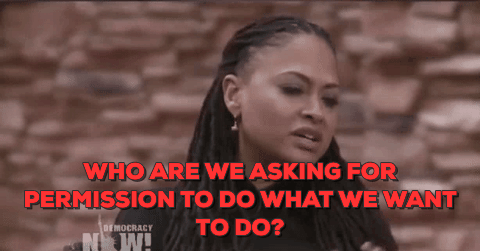
Record Deals:
The most important thing to understand between an artist and a label is that the artist is like a small business with the label acting as a managing investor. As tempting as it may seem, a record deal may not be the best end game goal for every musician. While many artists view getting a record deal as the solution to their problems, it can actually open the door to many more problems if you’re not ready.
Remember if you do manage to get a record deal, you’re essentially picking up a boss that loans you money and will not only want it back but will also want a profit on it. They will have constant input in everything you do, they will critique your music and sometimes even make you do things that you don’t want to which could misrepresenting the sound you were scouted for in the first place. Of course these are the worst case scenarios; there are artists for whom a record deal can provide a great opportunity to get your music in front of the right audience. Labels can provide access to experienced industry experts and give you the ability to expand your fan base and your network way more than you could ever expect. If you have a manager, they should be able to give you more advice on this.
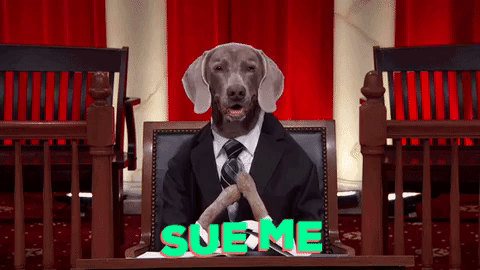
So do not rule it out completely! However before you sign any contract get yourself a good lawyer. The label will usually insist on you getting one anyway just because if anything ends badly you can’t argue that you didn’t understand the rules.
